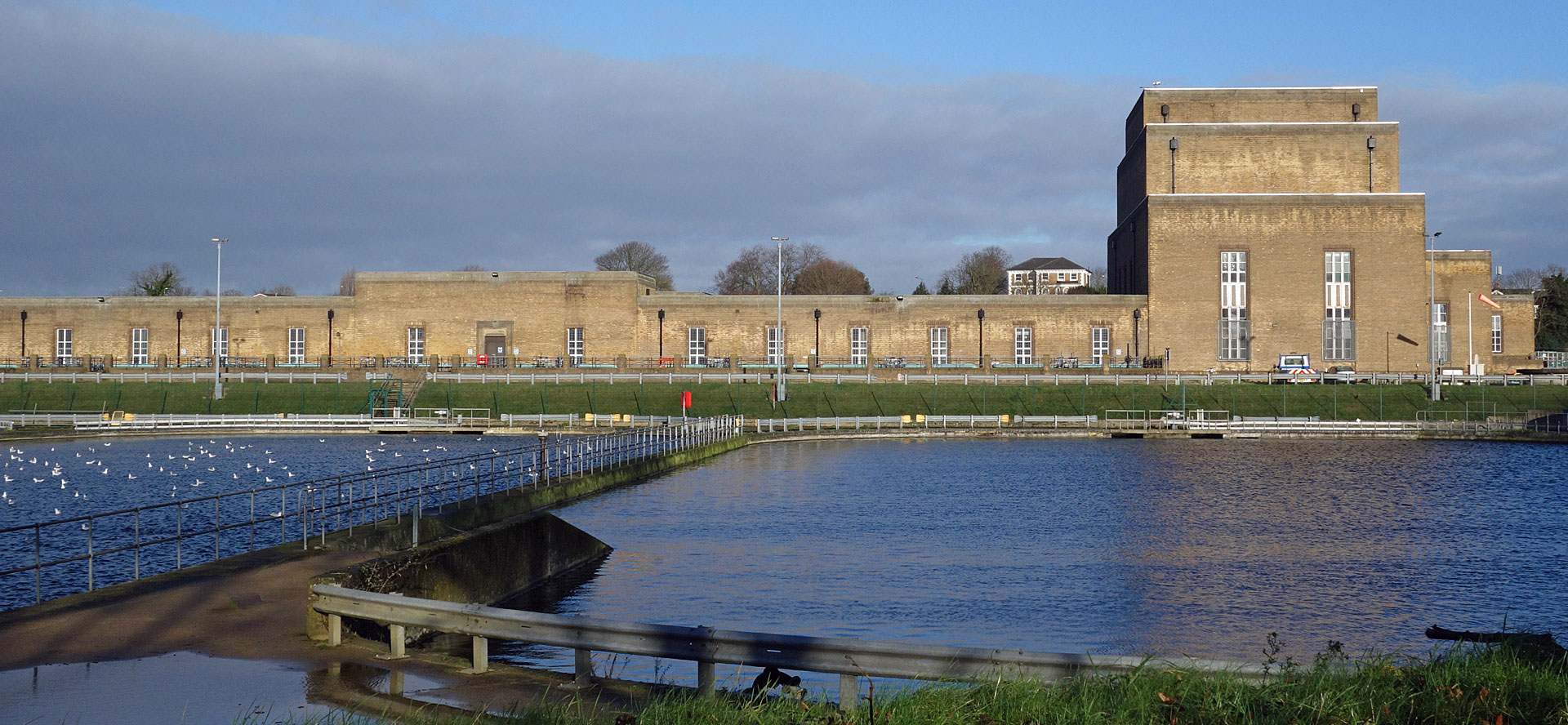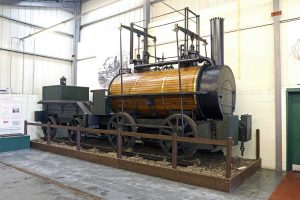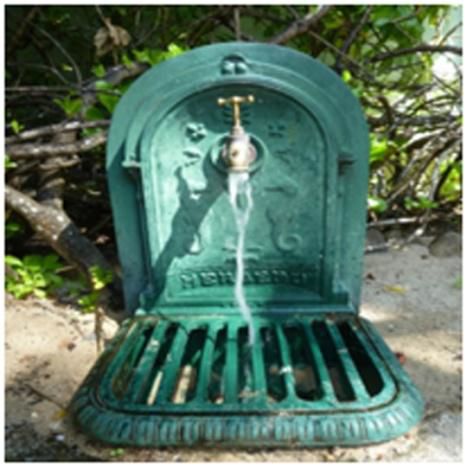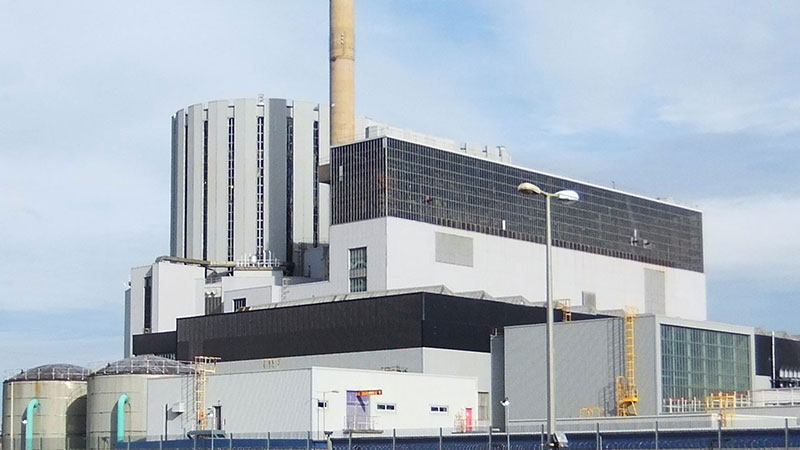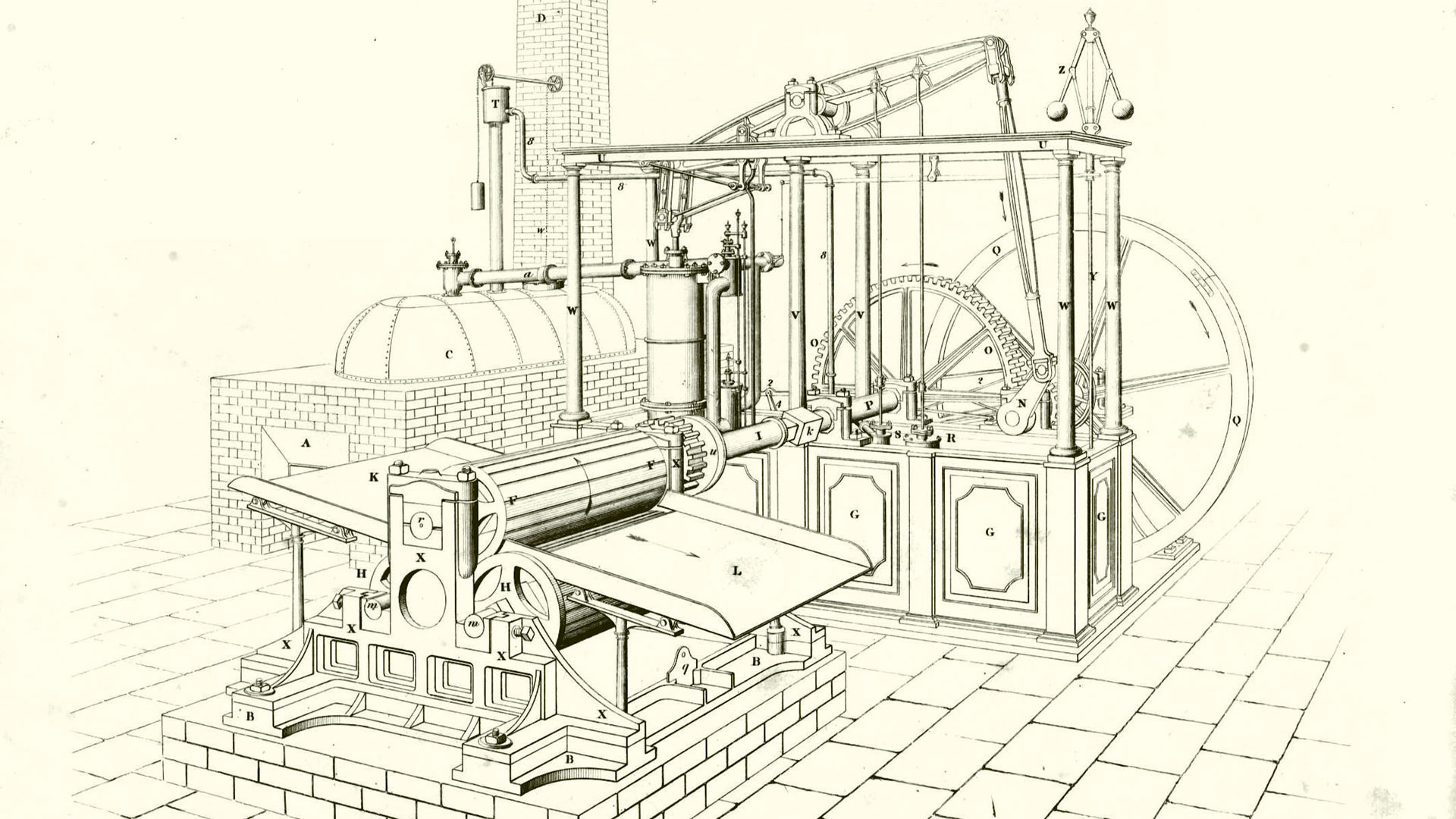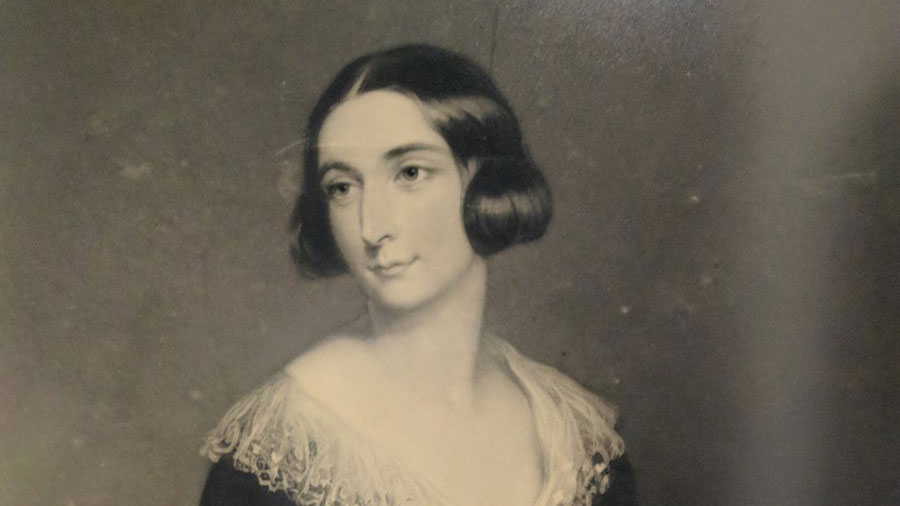Watering the Capital or Watering Capital? False accounting and a corrupt chief engineer. By Nick Higham
This is an Online EventWatering the Capital or Watering Capital? How false accounting and a corrupt chief engineer nearly brought down two of London's Victorian water companies? The 19th century water supply industry in London relied upon consulting engineers for their development schemes. The outcomes were not always straightforward. A fascinating story from a natural raconteur. Nick Highman’s new book The Mercenary Stream, A History of London's Water, will be published by Headline in Spring 2022.
“Industry before the industrial revolution” by Dr Justine Bayley
LONDON Alan Baxter Gallery 75 Cowcross St, Clerkenwell, LondonThe 18th century is often seen as the beginning of industrialisation in Britain, but there had already been significant changes in the methods and scale of production in many industries in the preceding centuries. While some 18th-century developments were indeed revolutionary, others built on previous innovations – which themselves had both technical and economic drivers. In the latter part of the first millennium most craftsmen worked in small groups or on their own, and the things they made were mostly ‘one-offs’. There were some changes to the scale of production over the following centuries but major technical changes only become important at the very end of the medieval period. This talk will explore and illustrate some of changes that took place across a range of industries – mainly metals, glass and ceramics – and will discuss the benefits they brought. This is a hybrid meeting which can be attended in person or by using Zoom.
‘Learning Through Archaeology: Killingworth Billy’ by Michael Bailey and Peter Davidson
NEWCASTLE Discovery Museum Blandford Square, Newcastle upon Tyne, Tyne & Wear'Learning Through Archaeology: Killingworth Billy' discusses all that has been learned from the detailed examination in 2018 of the 1816-built George Stephenson locomotive from Killingworth that may now be seen in the Stephenson Railway Museum on North Tyneside, one of the affiliated museums to Discovery. BILLY has been in safekeeping as a historic artefact with the City of Newcastle since 1881. Previous to our study it was believed that the locomotive had been built in 1826 at the Robert Stephenson & Co. factory in that city, but detailed research into its working life, and its several rebuildings, have now shown that it was actually made in 1816 under George Stephenson's supervision for operation along the Killingworth Colliery line down to the River Tyne. It has therefore been shown that it is the world's oldest surviving standard-gauge locomotive. The archaeological work was undertaken to reveal from which period each component of the locomotive and its equally historic tender had been fitted, and the sequence of these modifications. The talk will be illustrated with both historic views of the locomotive, and photographs and drawings prepared during the course of the project. As before the meetings are free but because we are limited to the number of people we can have at the meeting and have agreed with Discovery that we will ask everyone to book through Eventbrite so that we can keep track of demand and have a register of who is attending. Also, we have agreed with Discovery that we will hold the meetings in the afternoon starting at 2 pm and the meetings will also be offered online so that those people who feel uncomfortable with attending in person can participate in the talk. I realise that these arrangements are slightly different from in the past and if you have any queries please drop me a line and I will do my best to help. Also if you are aware of any none members who might be interested in joining us please feel free to circulate this email to them.It will be a 'hybrid' meeting with the speakers being there in front of a 'real' audience. Eventbrite booking at - https://www.eventbrite.co.uk/e/134632065131
“Transport without Petrol: a Pictorial History” by Robert Everett.
BRISTOL BAWA 589 Southmead Rd, Filton, BristolIn person meeting.
The History of Water- the Sheffield Reflection
SHEFFIELD Kelham Island Museum Alma Street, Sheffield, South YorkshireDr Jenny Stephenson The History of Water- the [...]
Golden Egg or Poisoned Chalice? The Story of Nuclear Power in the UK
This is an Online EventAn Online Lecture by Tony Wooldridge (presenting) and Stephen [...]
Claymills – the building of an integrated Victorian industrial site and its later restoration
BIRMINGHAM Think Tank, Birmingham Science Museum, Curzon Street, Birmingham, West MidlandsJohn Freeman CBE Claymills - the building of [...]
Industrial Steam Power In London 1780 – 1805
LONDON Alan Baxter Gallery 75 Cowcross St, Clerkenwell, LondonAn in-person and streamed (Zoom) lecture by Dr. John [...]
Target Sheffield – Three failures and a triumph
SHEFFIELD Kelham Island Museum Alma Street, Sheffield, South YorkshireAn in-person only lecture by Phillip Judkins This [...]
Lady Charlotte Guest at Dowlais 1833 – 1855
BIRMINGHAM Think Tank, Birmingham Science Museum, Curzon Street, Birmingham, West MidlandsAn in-person only presentation by Dr. Victoria Owens [...]

